At the best of times, running a business is an uphill battle: a struggle to innovate ideas that put you ahead of the competition and turn a profit. In a post-COVID-19 world, however, those challenges have not only grown in scale but morphed into something unrecognizable. In this series, we talk to expat-entrepreneurs and find out what they’re doing to remain both successful in business, and happy at home.
When your business is teaching people how to fight, and remain fit, what happens when you are hammered by an invisible and terrifying enemy? Many fitness facilities throughout Beijing have had to temporarily close due to COVID-19 fears, while others have shut their doors forever. Online classes have helped some such businesses weather the storm, but only barely. For Chris Carline, owner and General Manager of UpperCut Boxing and Muay Thai gym in the Lido area, fighting back has never been more important. And despite how difficult the current period has been, Carline might be down for the count, but he is far from being out.
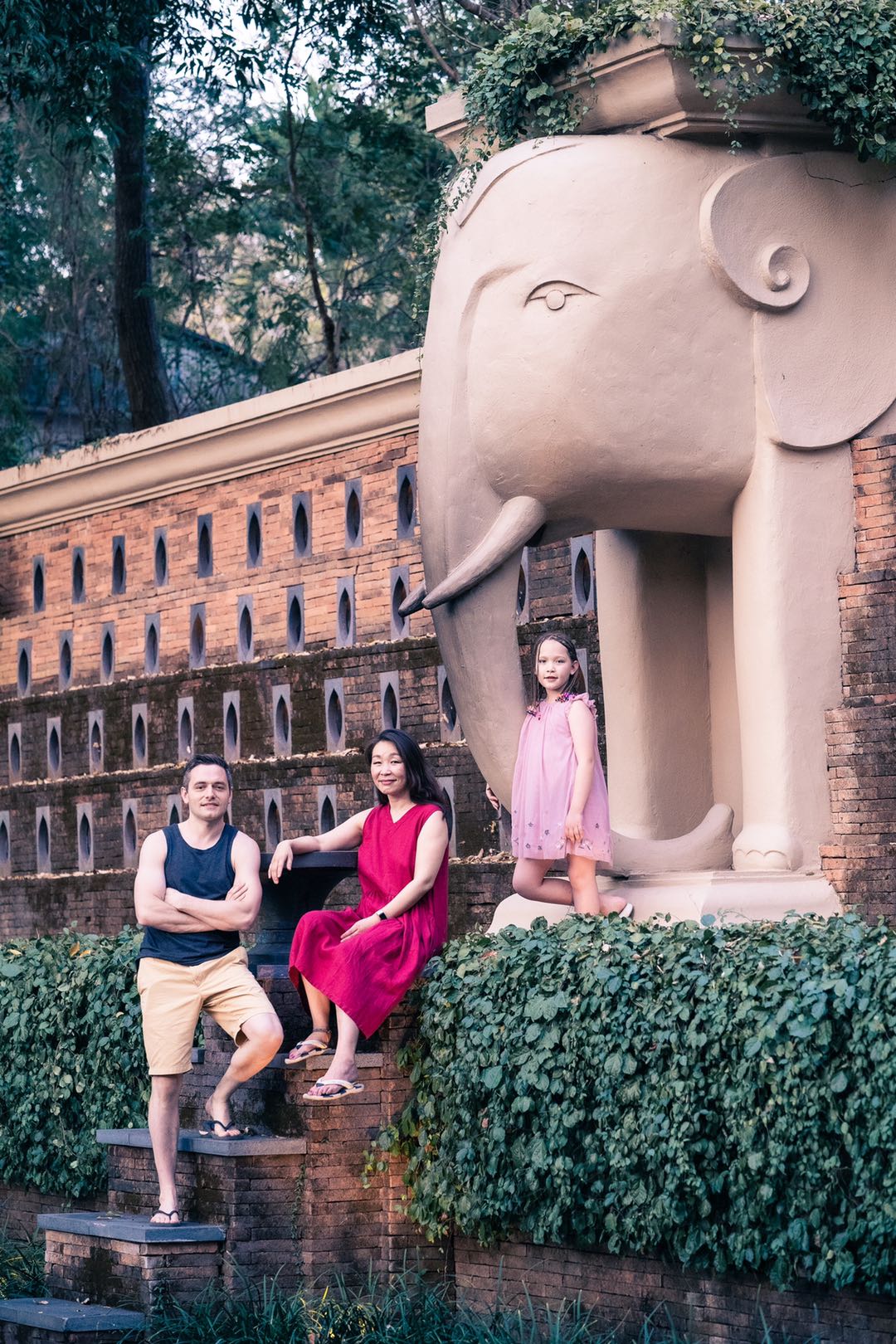
Chris Carline and his family
How long has the business been in operation?
Uppercut was founded in 2015. We’ll be celebrating our 5th year anniversary this year!
How long have you and your family been in China and what made you decide to move this far East?
I first came here in 2004 while studying Chinese and met my wife Yvonne. After some time spent in London and Hong Kong, we managed to settle in Beijing in 2010. Our daughter Iona was born in the same year, and we have been here ever since.
For me coming to China was like this huge big adventure – I don’t really know how else to describe it!
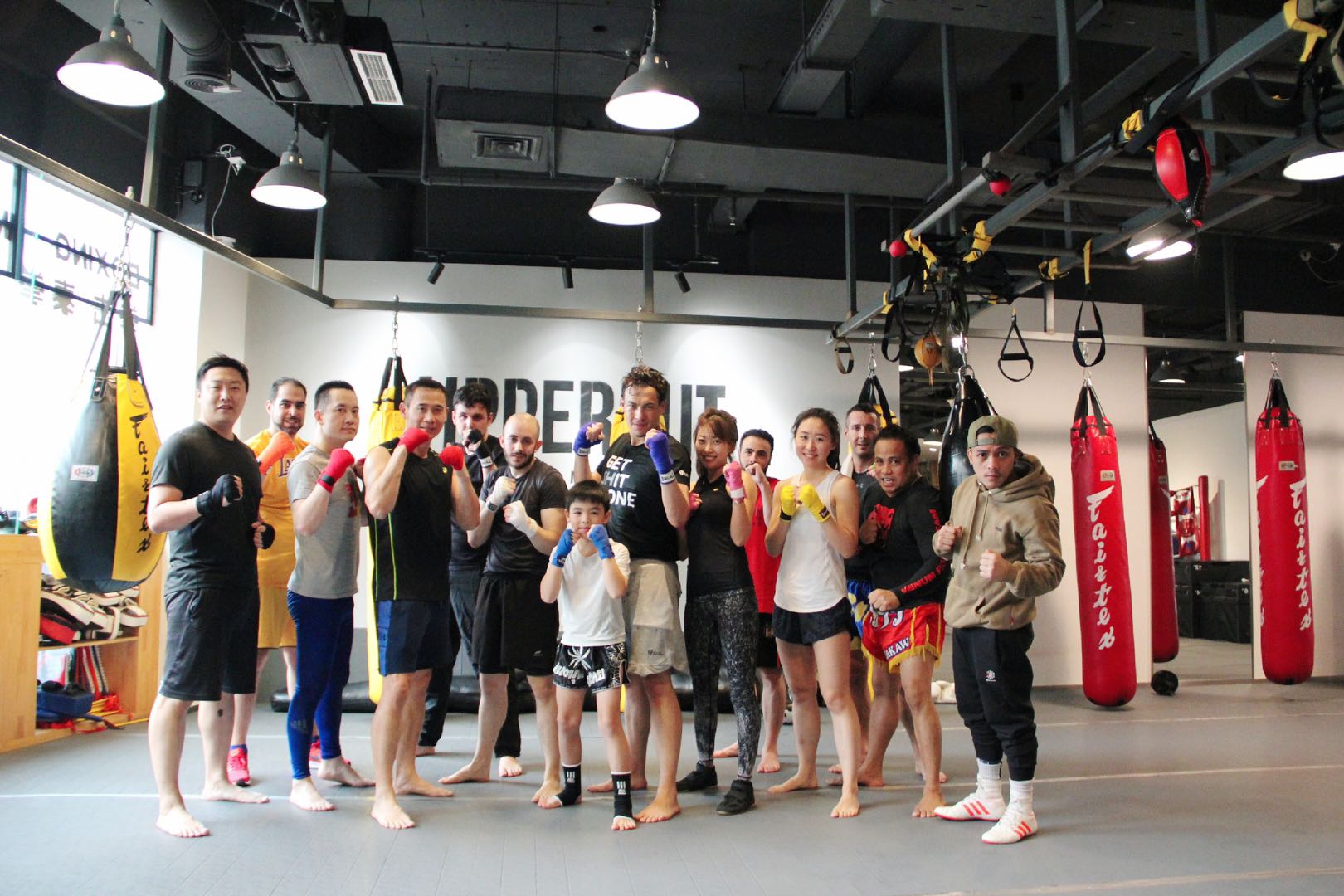
Members of the Uppercut gym community
What were you and your family’s initial reactions when COVID-19 first hit the news?
It was sort of like a slow-motion train crash, that has just kept on going ever since! At first, it seemed like it would be just another localized outbreak. Then it morphed into something potentially as bad as SARS, and then it just keeps on going even today, with unknown further consequences.
What were your expectations as far as the virus and its effect on daily life and business in Beijing?
Actually, the change was pretty swift. After the Jan 23 lockdown of Wuhan, we immediately went into survival mode: face masks, social distancing, disinfection. The initial feeling was ‘we’ve entered a real-life zombie movie’, only, fortunately, the disease itself was not as scary as in the movies.
I think initially there was a lot of reference to SARS, many people saw that as the relevant framework. In a way, the recovery in China has been far swifter than expected – even Wuhan re-opened in April – but at the same time, the spread globally has meant the effects are much longer-lasting than we expected.
What has been the reality for you and your family during the peak of the virus?
Without wishing to belittle the very real challenges and costs of this crisis, in many ways the experience has been a blessing in disguise. I personally had the feeling of going back a few decades to a simpler childhood sort of life, spending days around and near home, with family, enjoying simple pleasures like home-cooked food, playing with our cats, and many other things that usually get overlooked because we’re too busy. Luckily for us, we had access to my boxing gym, which was closed, but which still permitted use by staff.
After the first couple of weeks, more pressing concerns about when/if/how the lockdown would come to an end began to emerge, as well as increasing concern for family members living overseas. But throughout, there’s been this feeling that lots of new things and perspectives have been possible, because of all the restrictions on normal life. We tend to think that so much of what we do and what happens is necessary, important, essential and that we don’t have time for all the other stuff. Then this comes along, and bang, your life changes completely from one day to the next, and it’s actually ok as well. That’s pretty eye-opening.
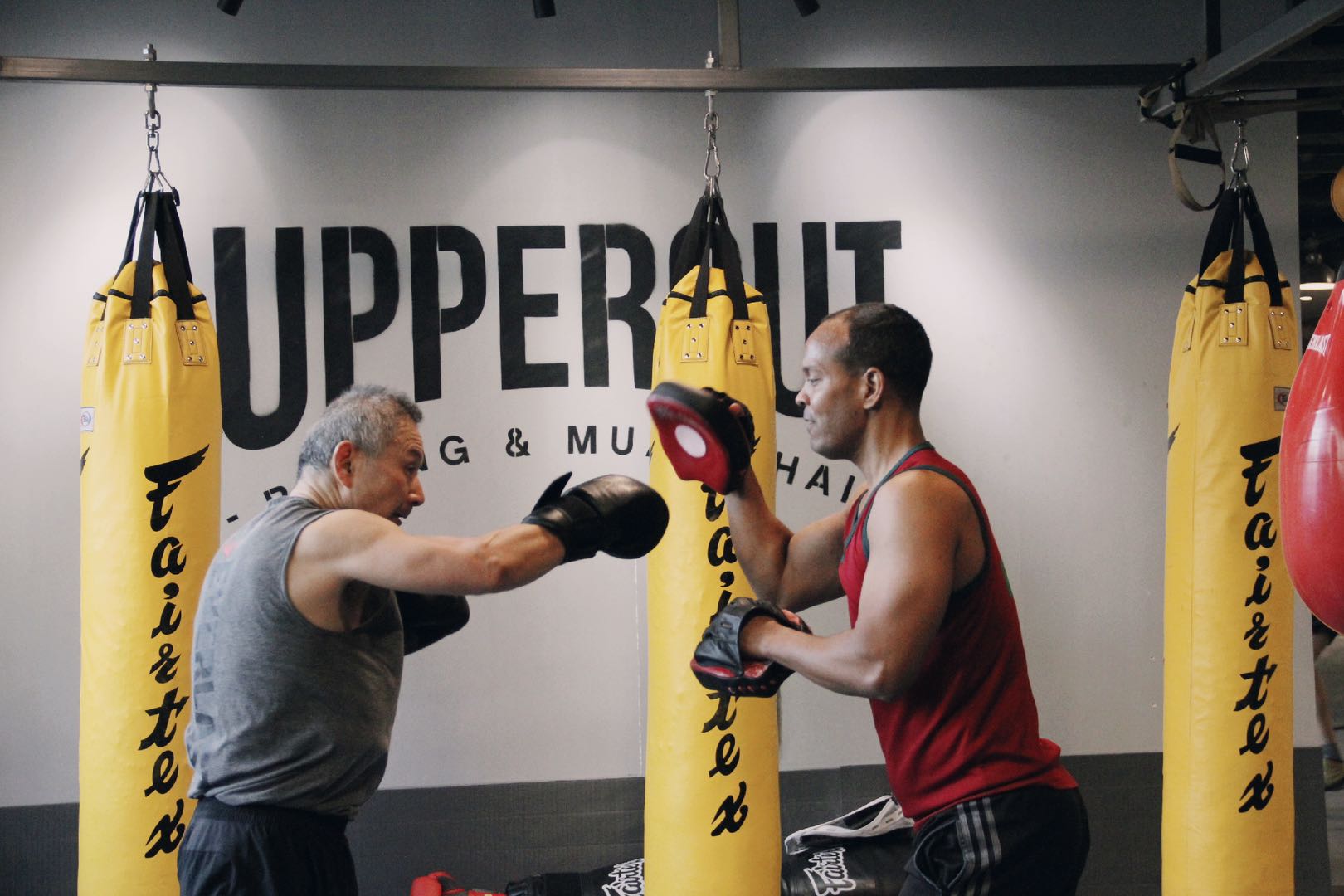
The gym has so far been closed for 3 months
How, if at all, has your business been affected?
The gym has been closed for 3 months – so that is an unprecedented shock and challenge, but we have managed to pull through it. We finally got the good news just this week that Beijing gyms will be permitted to reopen, with restrictions, in early May. So we’re gearing up for reopening and can’t wait to be back in action.
On the plus side, people are now more conscious than ever of the benefits to an active lifestyle. It’s really encouraging that so many of our members can’t wait to restart training and that in places like Shanghai where gyms re-opened in March, they are getting back to normal volumes. We’re not totally out of the woods yet, but things are looking a lot better than just a few weeks ago.
What form of support have you received from the expat community here in Beijing for both your family’s and business’s wellbeing?
Many of our long term members are expats, and they’ve always been an important part of our gym community. They have been really supportive during the crisis also. Unfortunately, some people are currently stuck outside China due to visa issues but we hope to see them again soon!
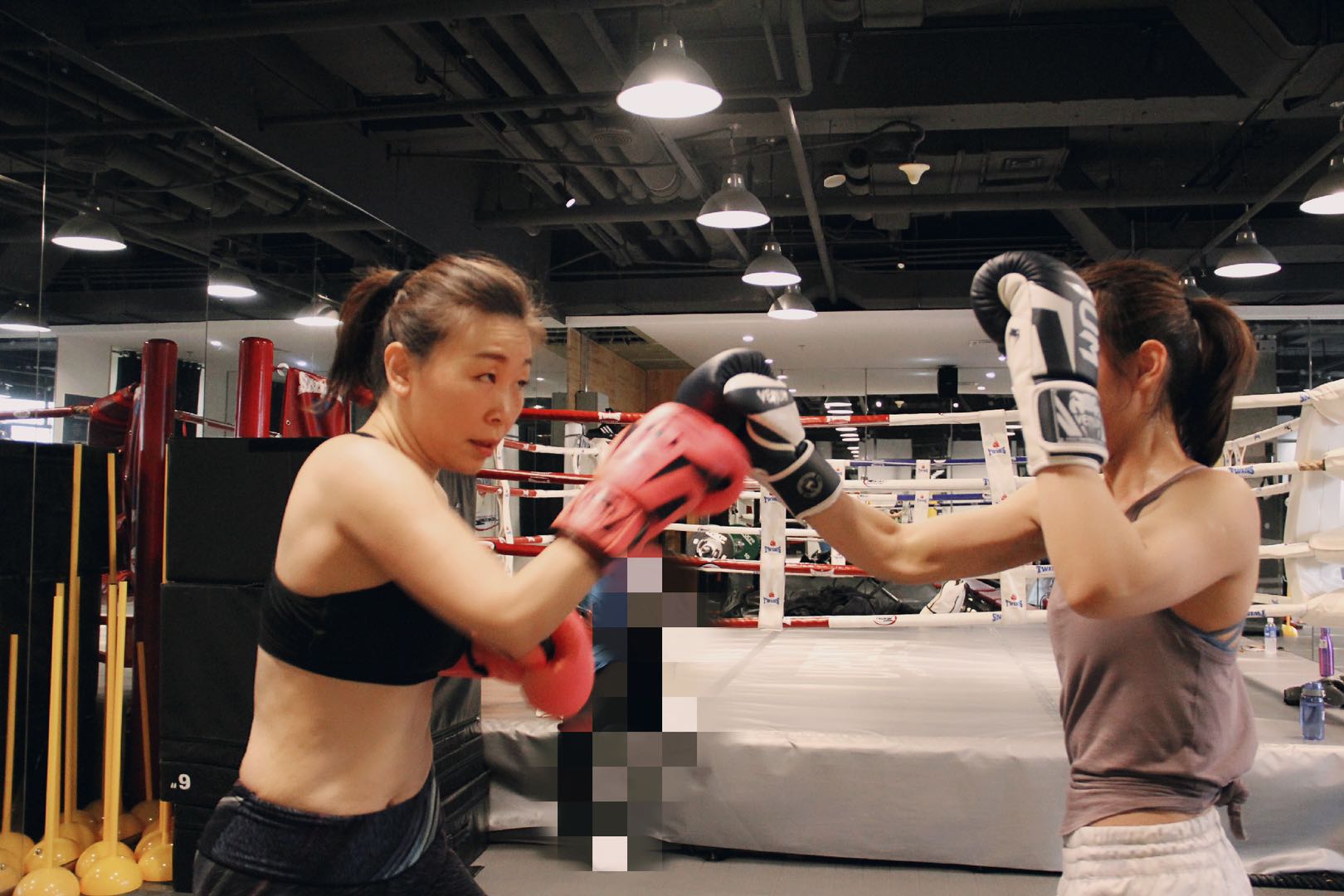
“Nothing can replace the feeling of training in a gym”
Do you believe the current situation will permanently change the face of business in Beijing? If so, why and how? If not, then why?
Yes and no. Yes in the sense that things are always changing anyway, and with an event like this it only accelerates change. But no in the sense of ‘nothing will be the same again’. People said that after 9.11, but apart from extra security measures at airports, it didn’t affect air travel other than temporarily.
In the gym business, for example, nothing can replace the feeling of training in a gym environment, with all the specialized equipment, the vibe, the other gym members, and professional trainers. I think this is true for most face to face service businesses as well, like restaurants, bars, hair salons, etc. People love those experiences and will jump right back in once they feel it’s safe to do so.
I also think the international community will still find Beijing an attractive place to live, work, and do business. If anything, this crisis has raised the relative standing of China in terms of stability and security.
That’s not to say we’re out of the woods yet, and I’m a bit more cautious in the medium term. But I don’t think the long term changes will be so dramatic.
As the city continues to return to business as normal, what are some of the plans you have set in place for your business to ensure it is not adversely affected by such an unexpected situation in the future?
The reality is there is not that much we can do in the face of a lockdown. It’s not possible to replicate the boxing training experience through online classes. With yoga or general fitness it’s easier, but still tough as there are established, online players. So although there can be a lot of talk about diversifying, for many businesses it’s not practical. We did take the opportunity while the gym was closed to do some repairs and upgrades and getting new stock for our shop.
Thankfully with things returning to normal now, we can get on with what we do best. Now the focus is on ensuring we implement the new safety guidelines while minimizing the impact on our members’ training.
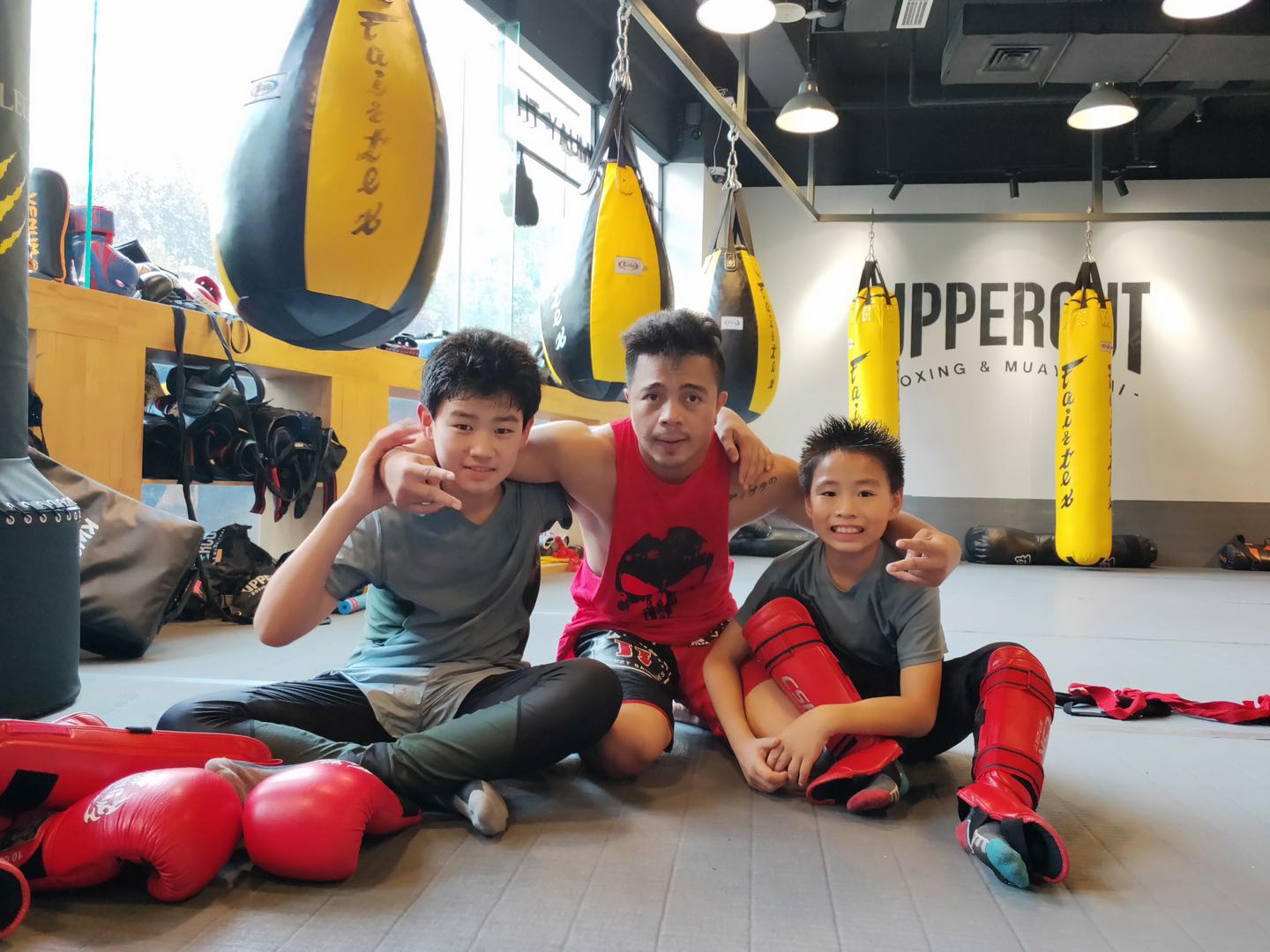
Carline and his team have taken advantage of the closure to do some repairs and upgrades to their facilities
As a business owner, what has been your biggest takeaway from this period of uncertainty?
It’s important to have a ‘margin of safety’. This is a term used a lot in the world of my previous career in investment management. It means that you never really know what’s going to happen, so it’s best to have a buffer for a rainy day. FOMO is a powerful driver and oftentimes in business, we are more concerned with an attack than with defense. This is true in the world of boxing too. Every boxer can punch, but only the really great boxers excel in defense. This is a lesson I find myself re-learning on a regular basis (both in the gym and outside)!
As a parent and partner, what have you learned from or about your family that will help shape your family life in the future?
If there’s one takeaway I hope to keep, it’s that being together as a family without any particular activity, goal, or agenda is one of the best things. In our future busy lives, I hope we remember to sometimes do less.
Has the current situation deterred you from the business landscape in Beijing or are you here to stay?
I’m definitely here to stay.
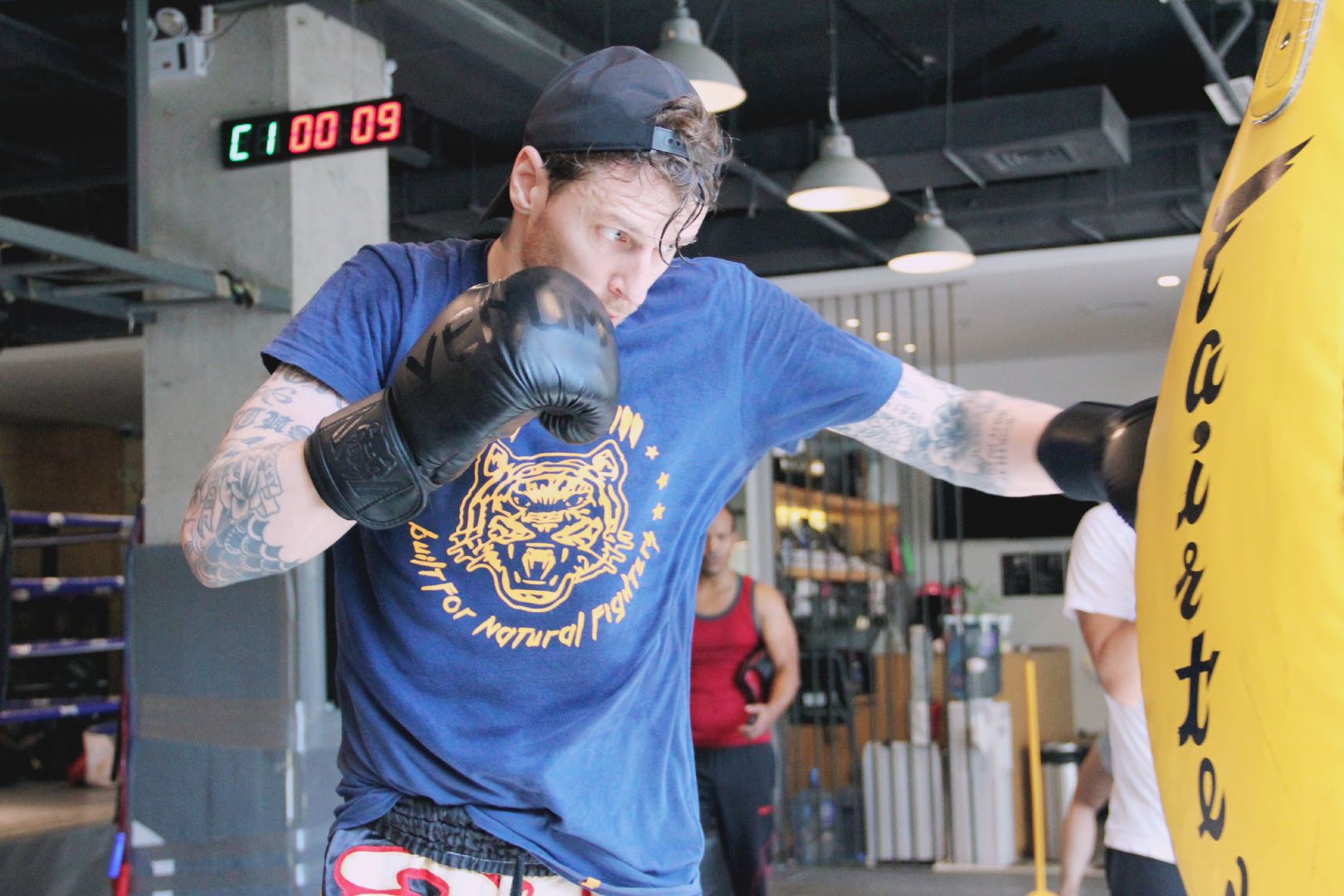
“Every boxer can punch, but only the really great boxers excel in defense”
What advice would you give to other business owners in Beijing at this time?
The one-piece of general advice, that probably applies to all businesses, is: maintain good relationships with the local authorities, regulators, and government departments relevant to your business. Don’t think that because you’re an ex-pat or foreign business that they’re not interested, or see you as part of the outer circle. Engagement really works. I think this is truer now than ever, and also that government has generally become more approachable, transparent, and service-oriented than in the past. There are still frictions and difficulties peculiar to being a foreigner, but in my experience, direct engagement is always the best approach.
How can other expat families show their support for expat business owners?
I think that support comes naturally when the product or service is good, so long as there is sufficient communication. Keeping that sense of community is important so that everyone knows about and is involved in good things that are going on. Word of mouth still plays a major role, as do publications like beijingkids.
Any words of encouragement or hope for the international community as a whole?
I’m optimistic things will work out, but the reality is there’s a lot of uncertainty now. I find it’s best to take it one day at a time and not spend too much time worrying over imaginary future scenarios. It takes so much time, and then you have to re-do them all again the next day as things change!
I like the following quote by Bruce Lee, a master of martial arts who was inspired by Taoism:
‘The great mistake is to anticipate the outcome of the engagement; you ought not to be thinking of whether it ends in victory or defeat. Let nature take its course, and your tools will strike at the right moment’.
KEEP READING: Happy Home, Happy Business: “The Winter Has Passed”
Photos: courtesy of Chris Carline




